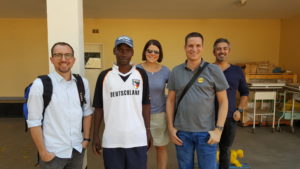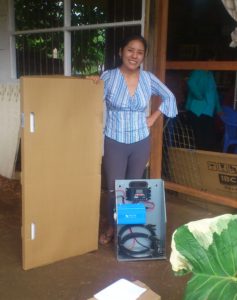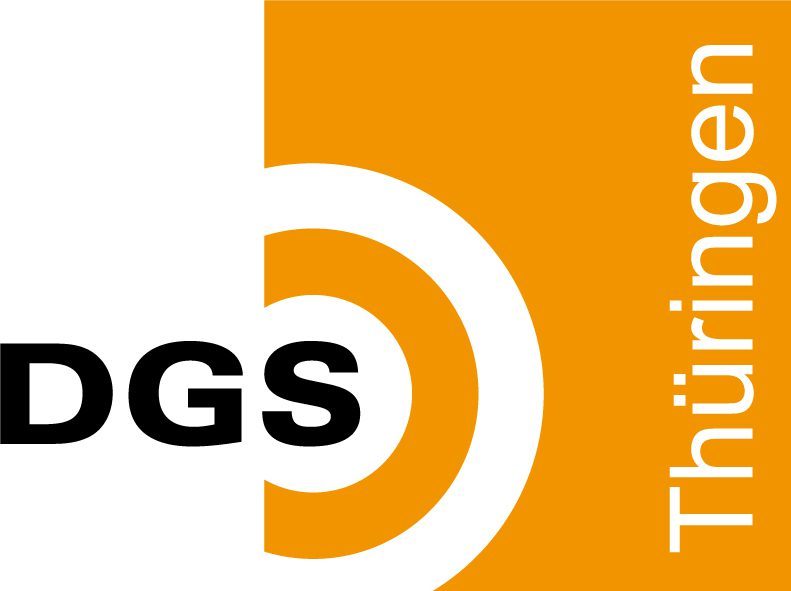THE DGS THURINGIAN REGIONAL ASSOCIATION DEDICATES ITSELF TO DEVELOPMENT COOPERATION IN ASIA, LATIN AMERICA AND AFRICA.
The energy demand increases. The countries of the southern hemisphere, where 80% of the world’s population live, are developing rapidly and need energy for. Currently, these countries consume less than half of the world’s energy, but that will change. Here we want to influence the direction, it mean to accelerate the use of renewables instead of fossil energy sources.
Goal of the German Association of Thuringia (DGS) is to contribute to the sustainable energy economy by providing trainings, developing training centers in developing countries and supporting regional development projects in the countries of the global South.
EDUCATION IS THE KEY TO SUSTAINABLE DEVELOPMENT
Solar energy for Karanda Mission Hospital in Zimbabwe
 Our recent project is the construction of a photovoltaic plant in Zimbabwe to provide a stable power supply for the Karanda Mission Hospital. The hospital is connected to the mains, but the supply is very unreliable. Often the power fails while operations are performed. This is fatal for the patients!
Our recent project is the construction of a photovoltaic plant in Zimbabwe to provide a stable power supply for the Karanda Mission Hospital. The hospital is connected to the mains, but the supply is very unreliable. Often the power fails while operations are performed. This is fatal for the patients!
Although the hospital has a generator, it must be switched manually. This means that patients can not be treated for several minutes during an operation. So Jon, the head of the Karanda mission, and Dave, our partner in Zimbabwe, had the idea of building a photovoltaic system to bridge the power outages. This not only brings security of supply, but as a positive side effect also a great savings in electricity costs, which in turn means more money for the hospital operation itself is available.
We are currently collecting donations to finance the construction of the facility. Support us!
Rural Electrification of Guajchono, Bolivia
 In the municipality of Guajchono, 60 independent photovoltaic systems have been installed to enable families to use electrical energy. To assist with the delivery of the systems, the community members receive instruction in the installation, operation and maintenance of the systems to ensure the sustainability of the project. Each house gets its own SHS with a 90 Wp module, which can produce an average of 300 Wh per day in Guajchono. To be able to use the power even on cloudy days and at night, it is stored in the associated batteries. In the long term, electrification will provide a financial benefit to residents, as they no longer have to spend on batteries for flashlights and radios. The educational situation is also improved, as light is available in the evening and the children have the opportunity to study after their work.
In the municipality of Guajchono, 60 independent photovoltaic systems have been installed to enable families to use electrical energy. To assist with the delivery of the systems, the community members receive instruction in the installation, operation and maintenance of the systems to ensure the sustainability of the project. Each house gets its own SHS with a 90 Wp module, which can produce an average of 300 Wh per day in Guajchono. To be able to use the power even on cloudy days and at night, it is stored in the associated batteries. In the long term, electrification will provide a financial benefit to residents, as they no longer have to spend on batteries for flashlights and radios. The educational situation is also improved, as light is available in the evening and the children have the opportunity to study after their work.
Further details can be found here…
Bolivia – Construction of a solar energy operating health center
In Lojpaya (Bolivia) and the 8 surrounding communities existed no health center and no medical care. For this reason the DGS and their Bolivian partner organization FADIPCO supported the communities in the construction of a health center with solar energy supply.
During the construction of the health center the population will be educated on health and hygiene preventative measures. Additionally, selected village mechanics will be trained in the construction, operation and maintenace of photovoltaic and solar thermal systems.
Further details can be found here …
REEPRO – Project to support the efficient use of renewable energy technology in developing countries
Poor households in developing countries often have no access to an adequate energy supply. From 2007 through 2009 the REEPRO project established through an extensive educational campaign in Laos and Cambodia the access to energy for the poorer households in these countries based on renewable energy technology. For this purpose the REEPRO team developed a training program and training material in English, Lao and Khmer for three different target groups, so-called levels, and carried out a series of training courses and workshops in selected model regions in both countries.
Further details can be found here …
